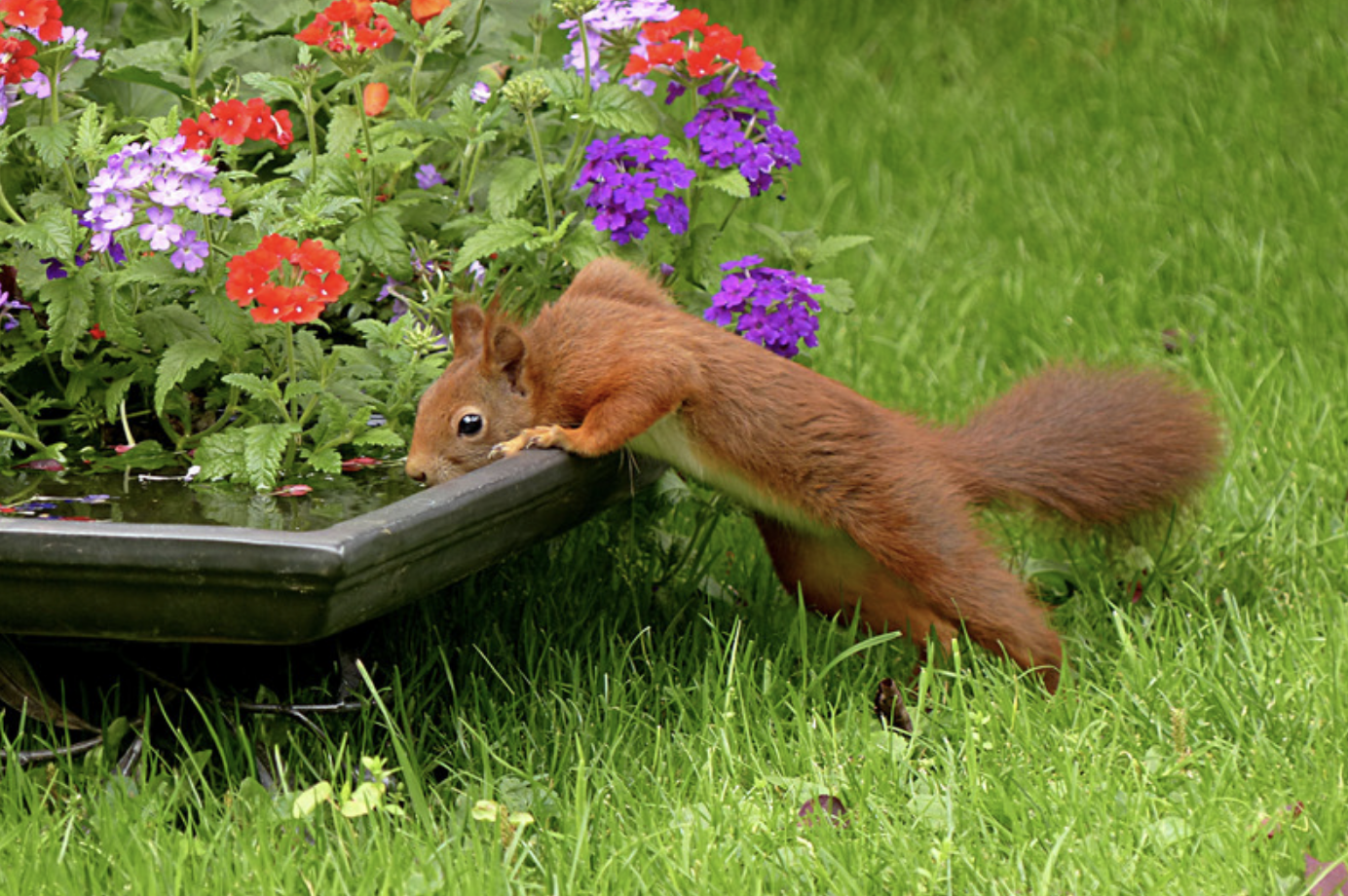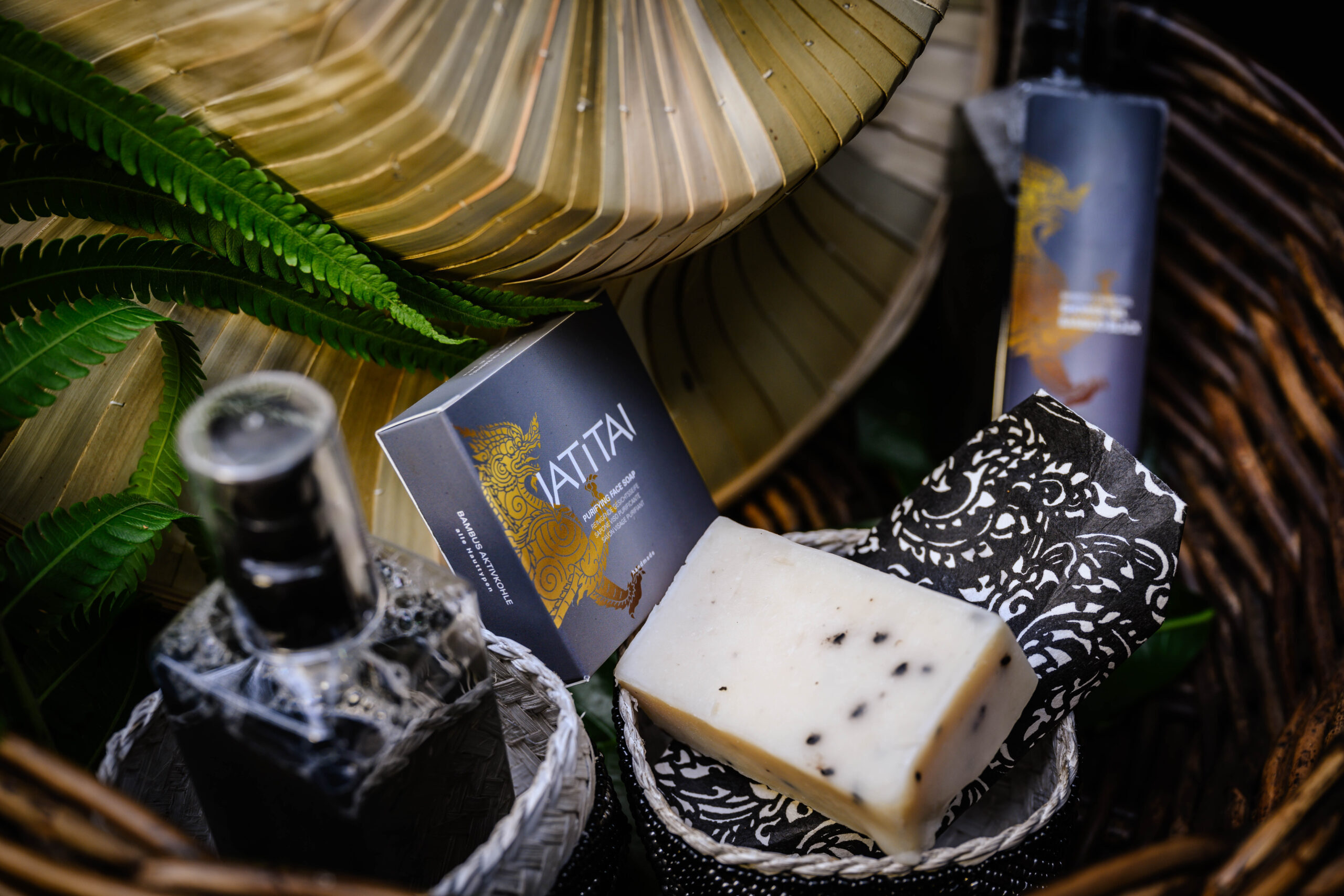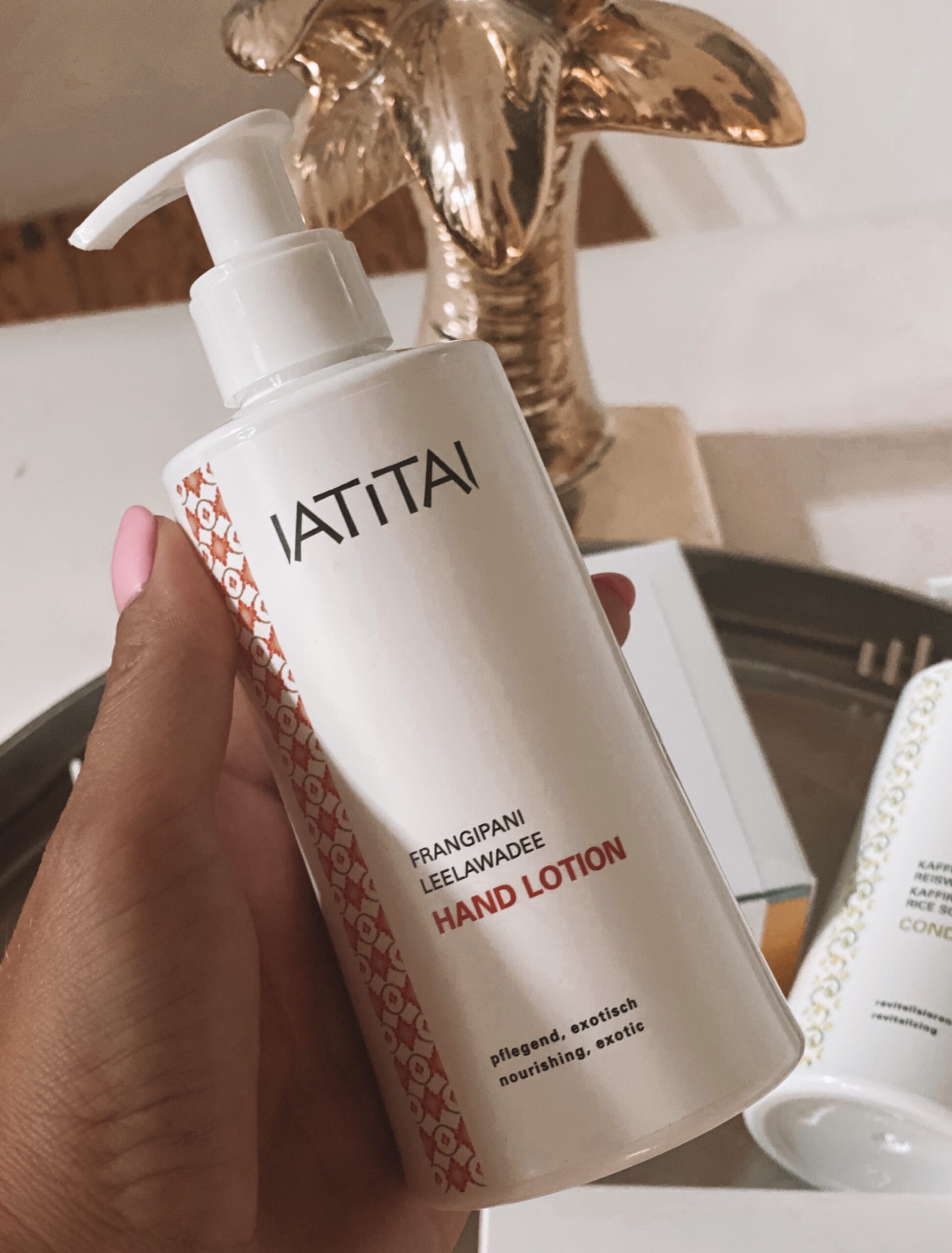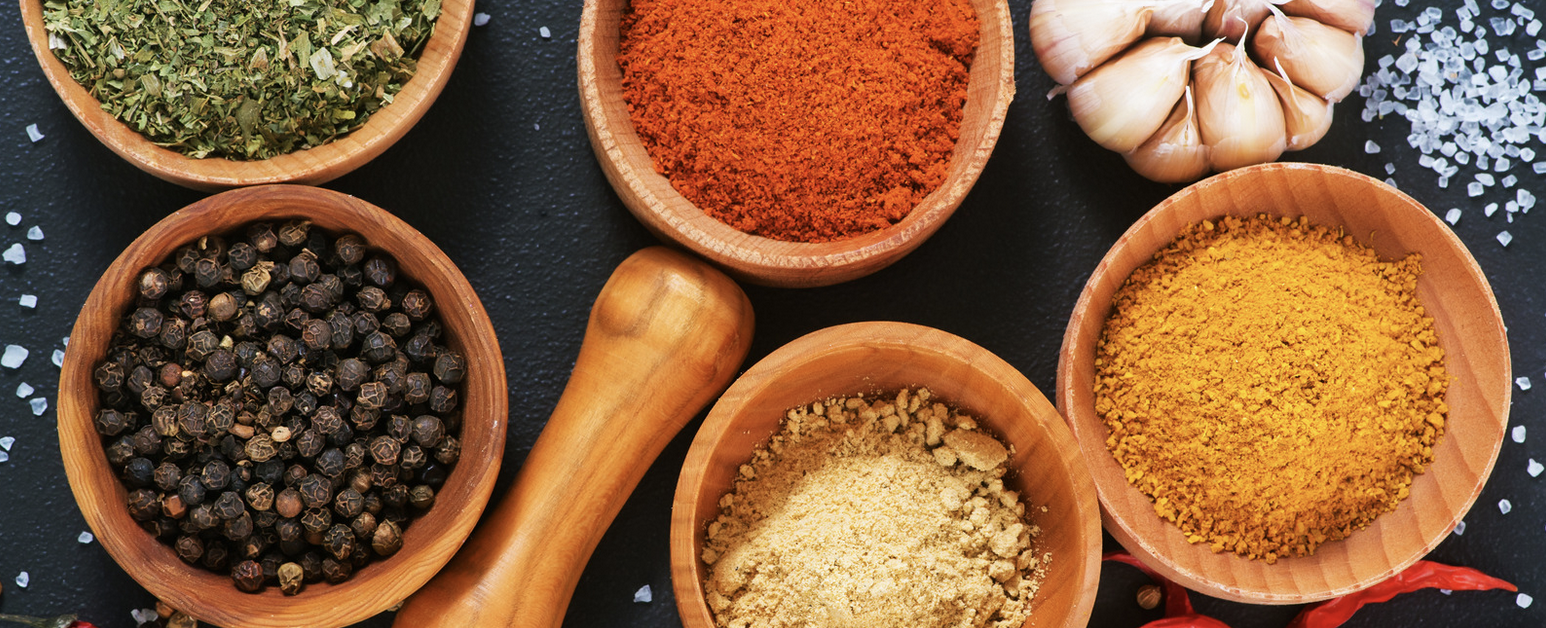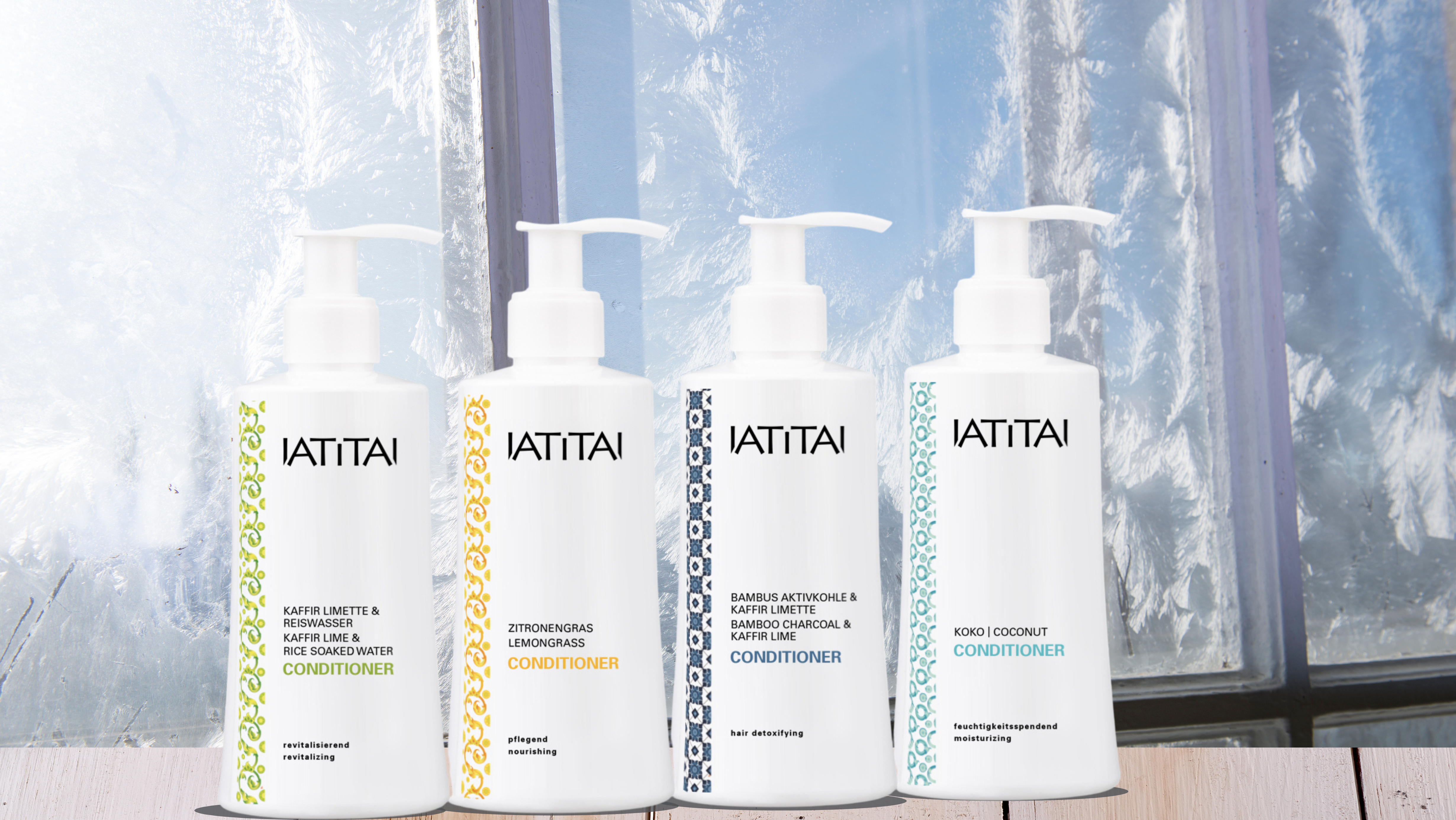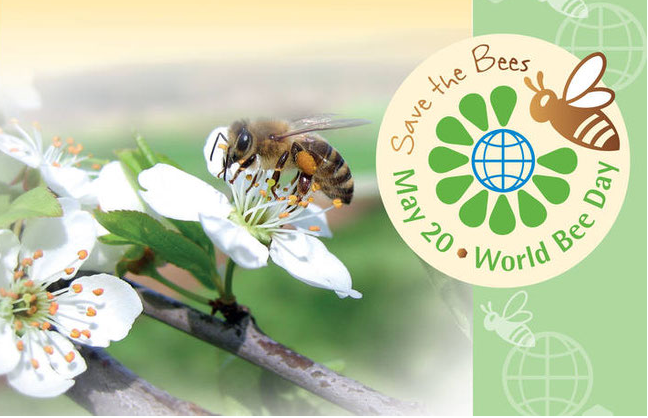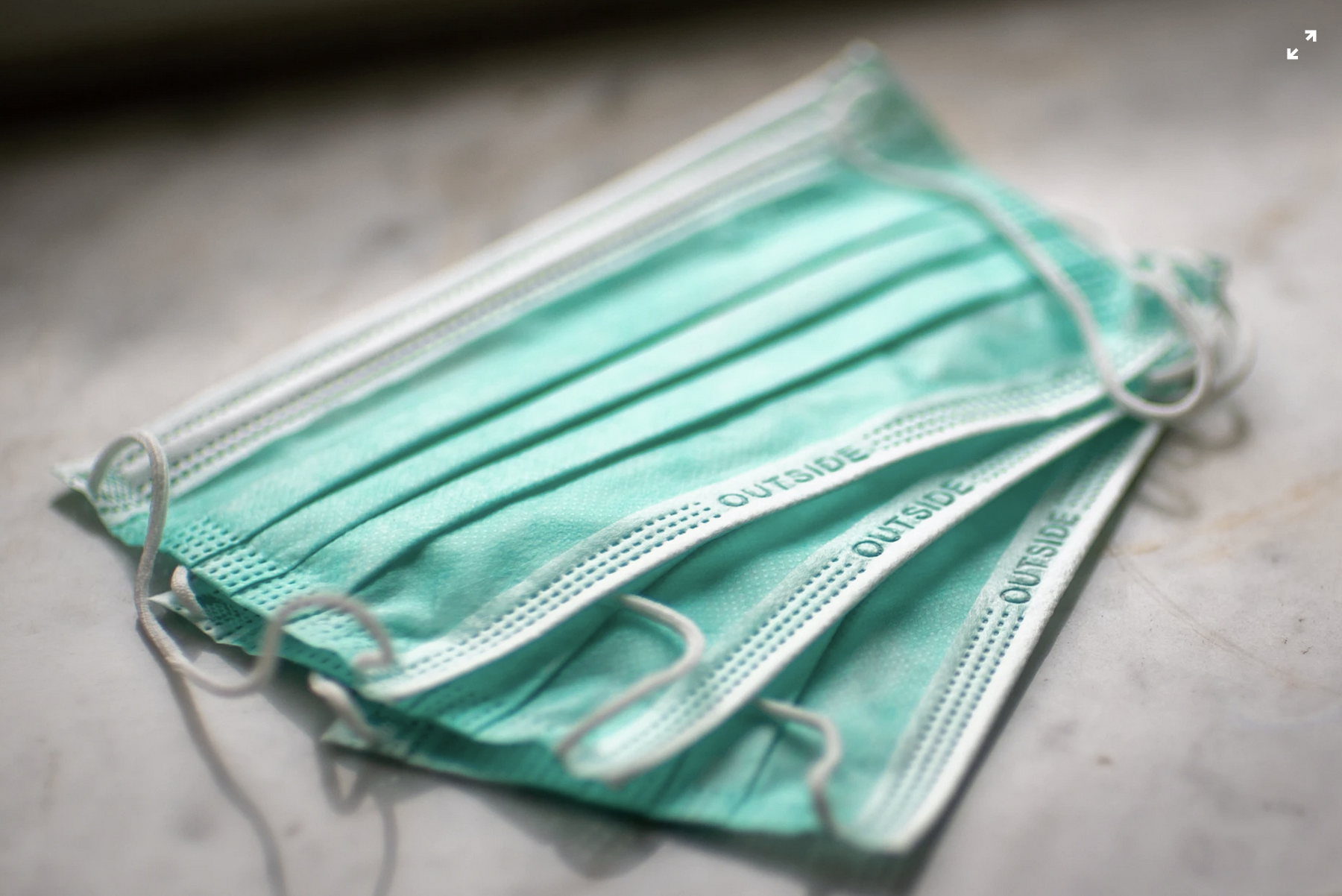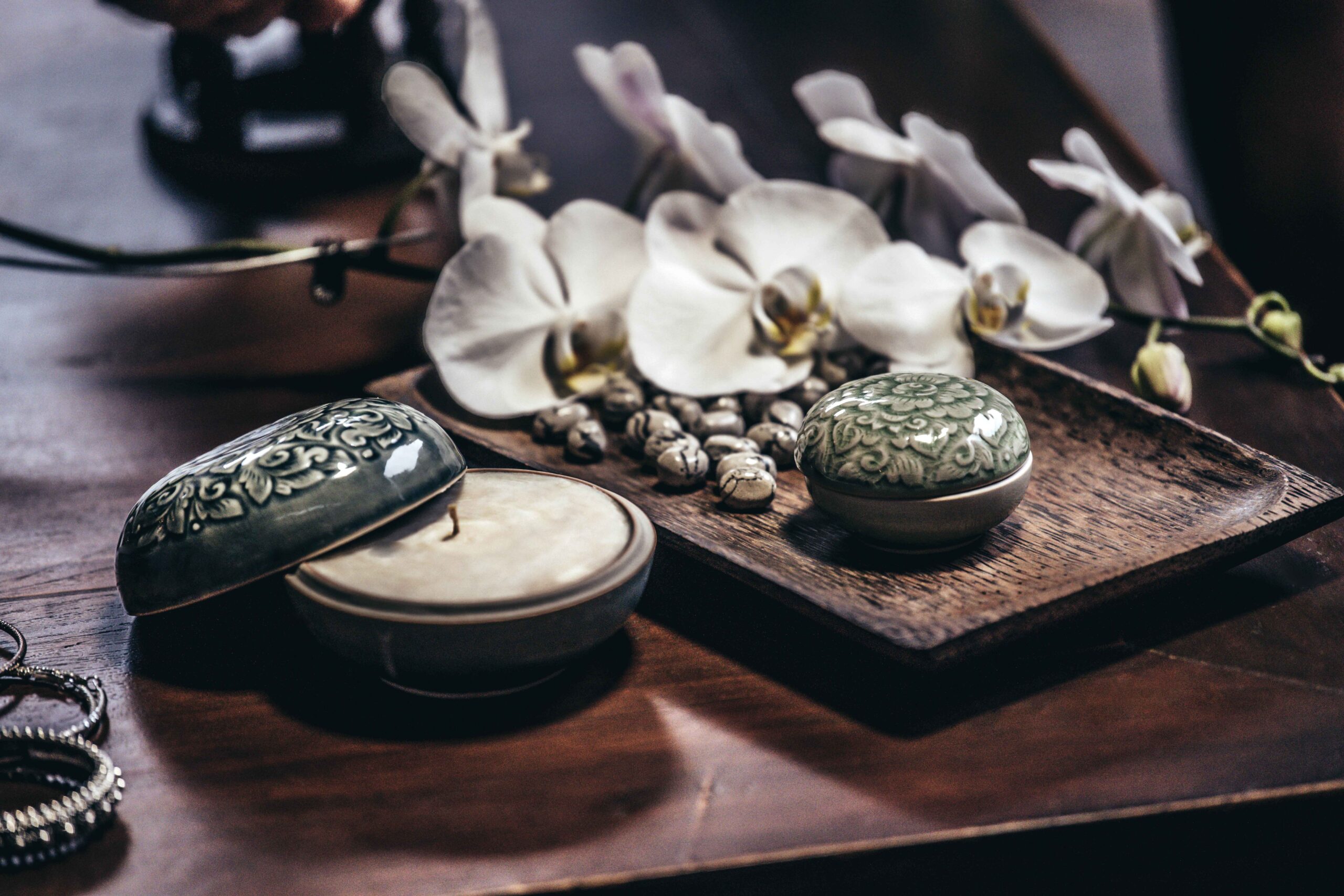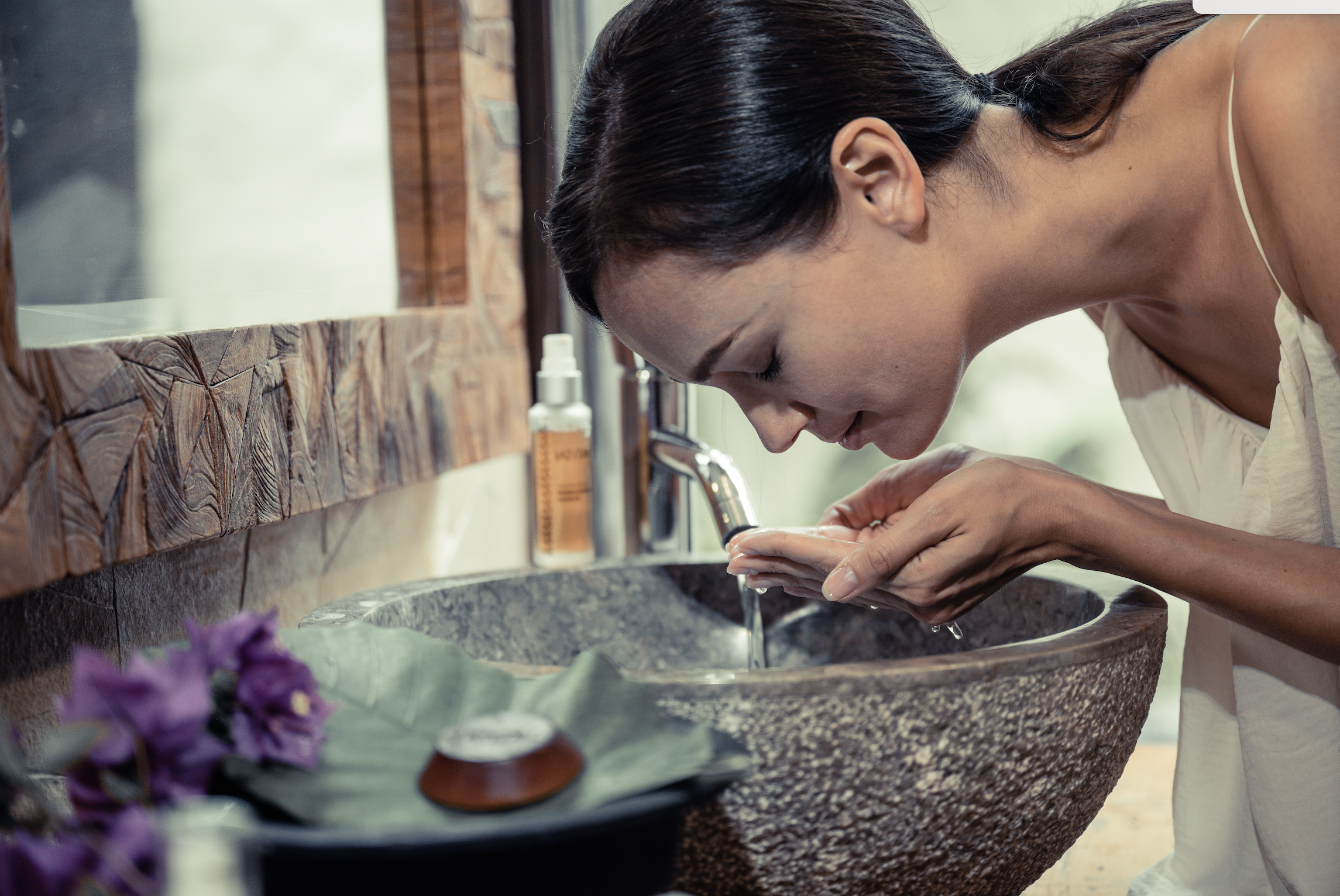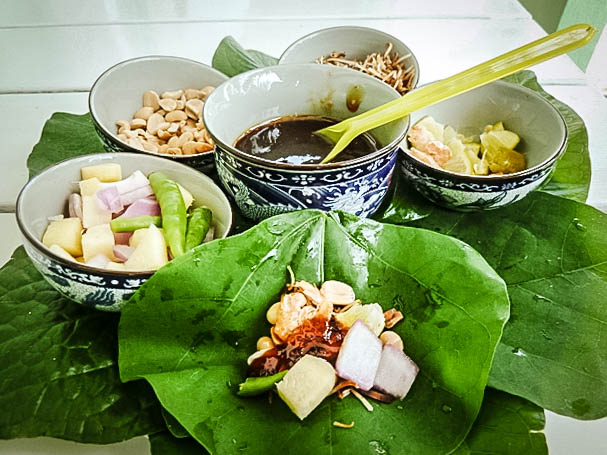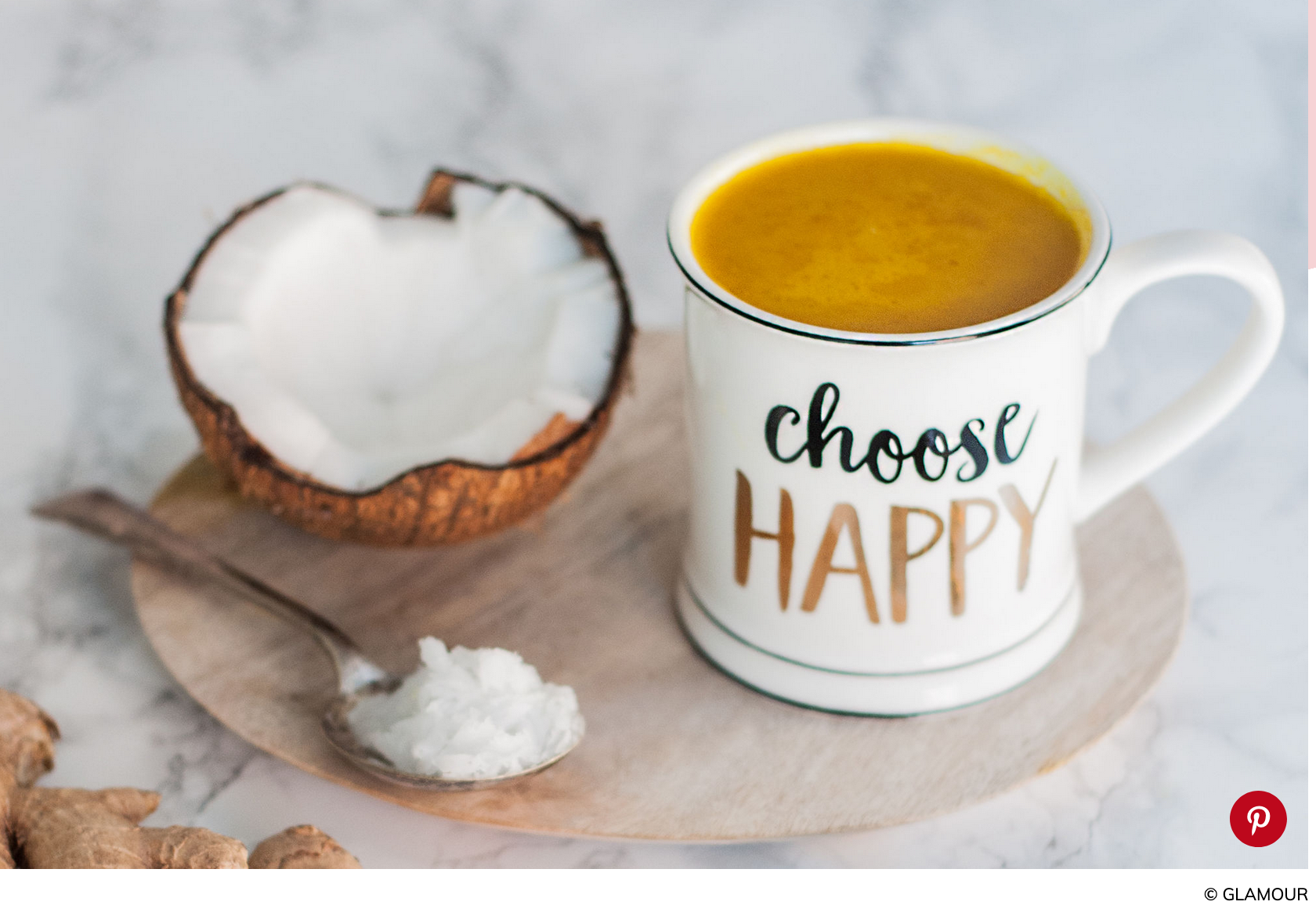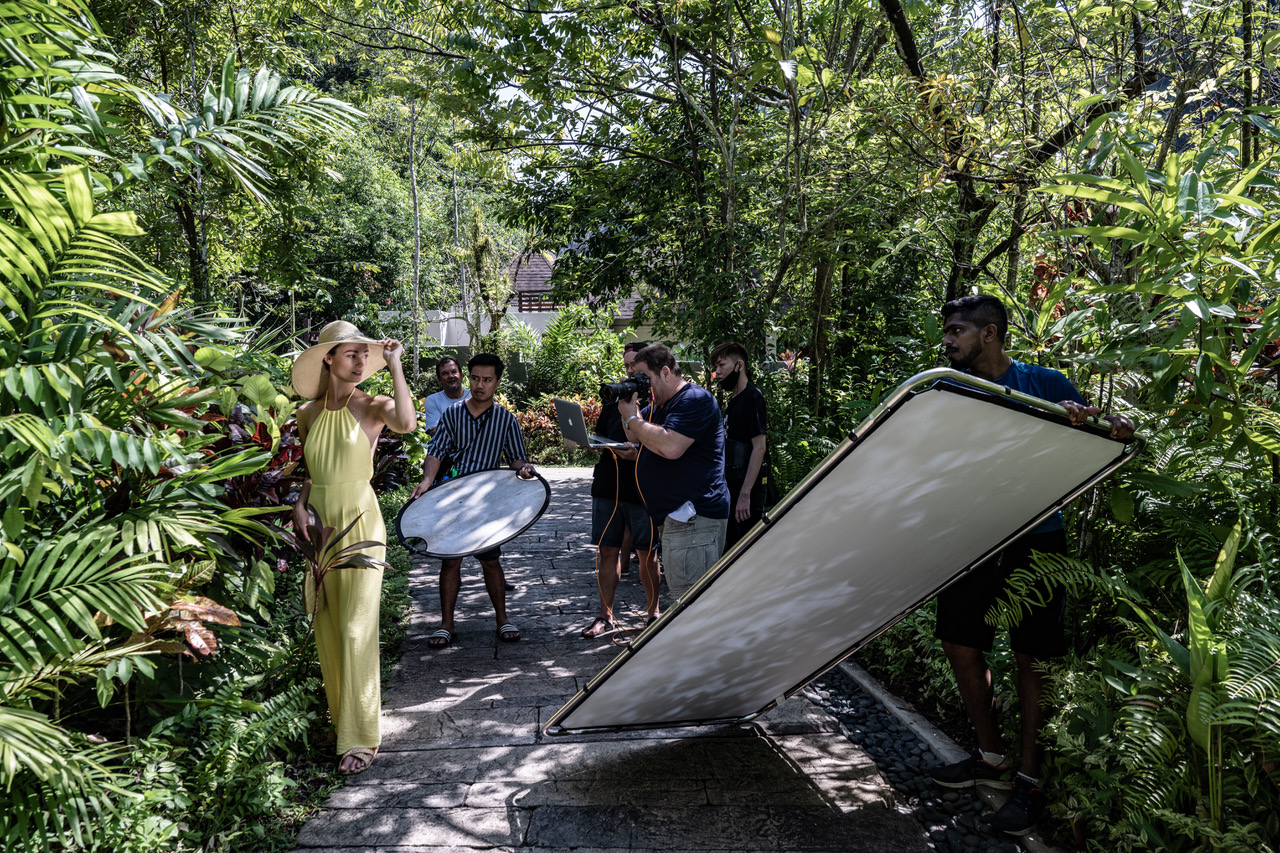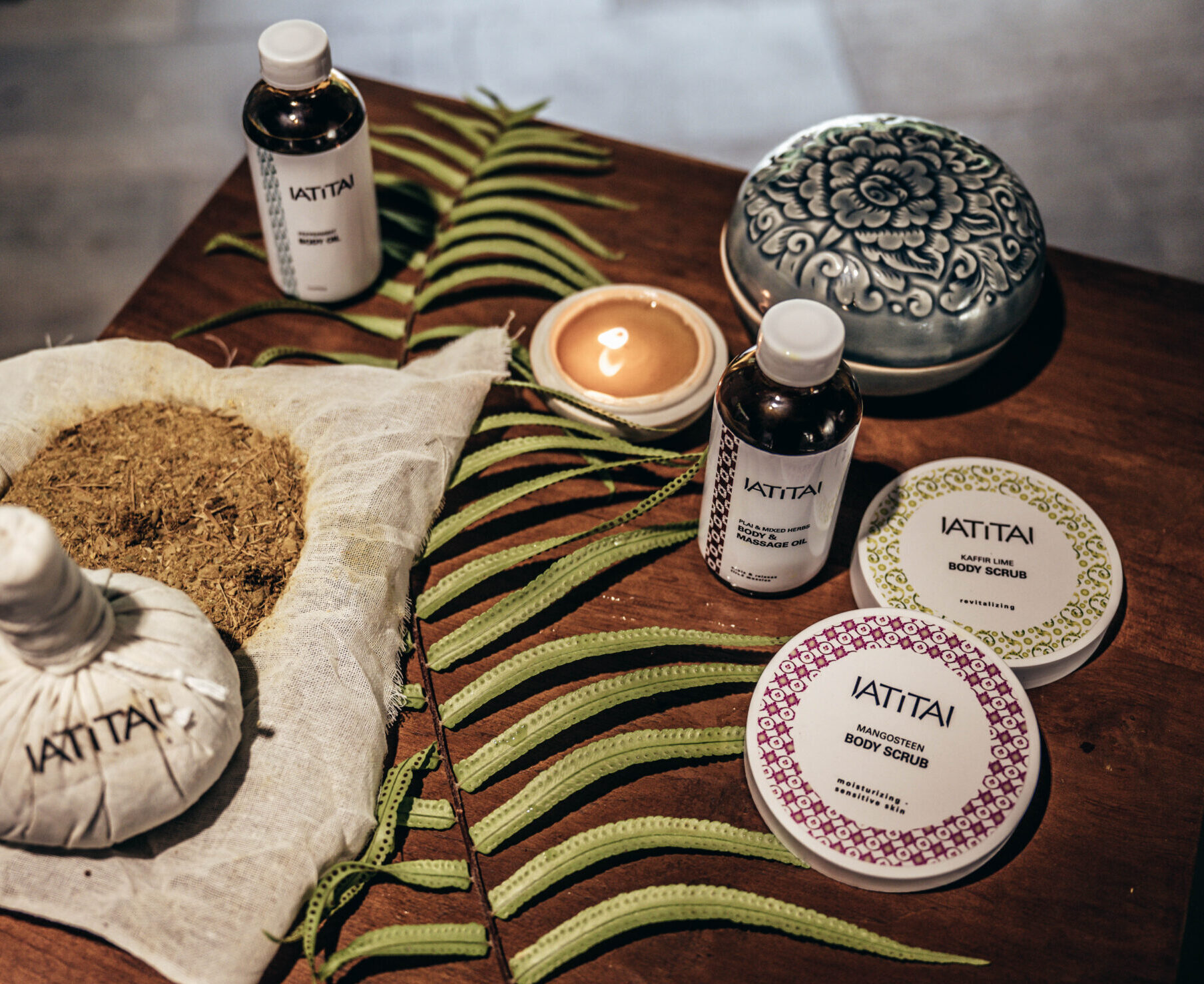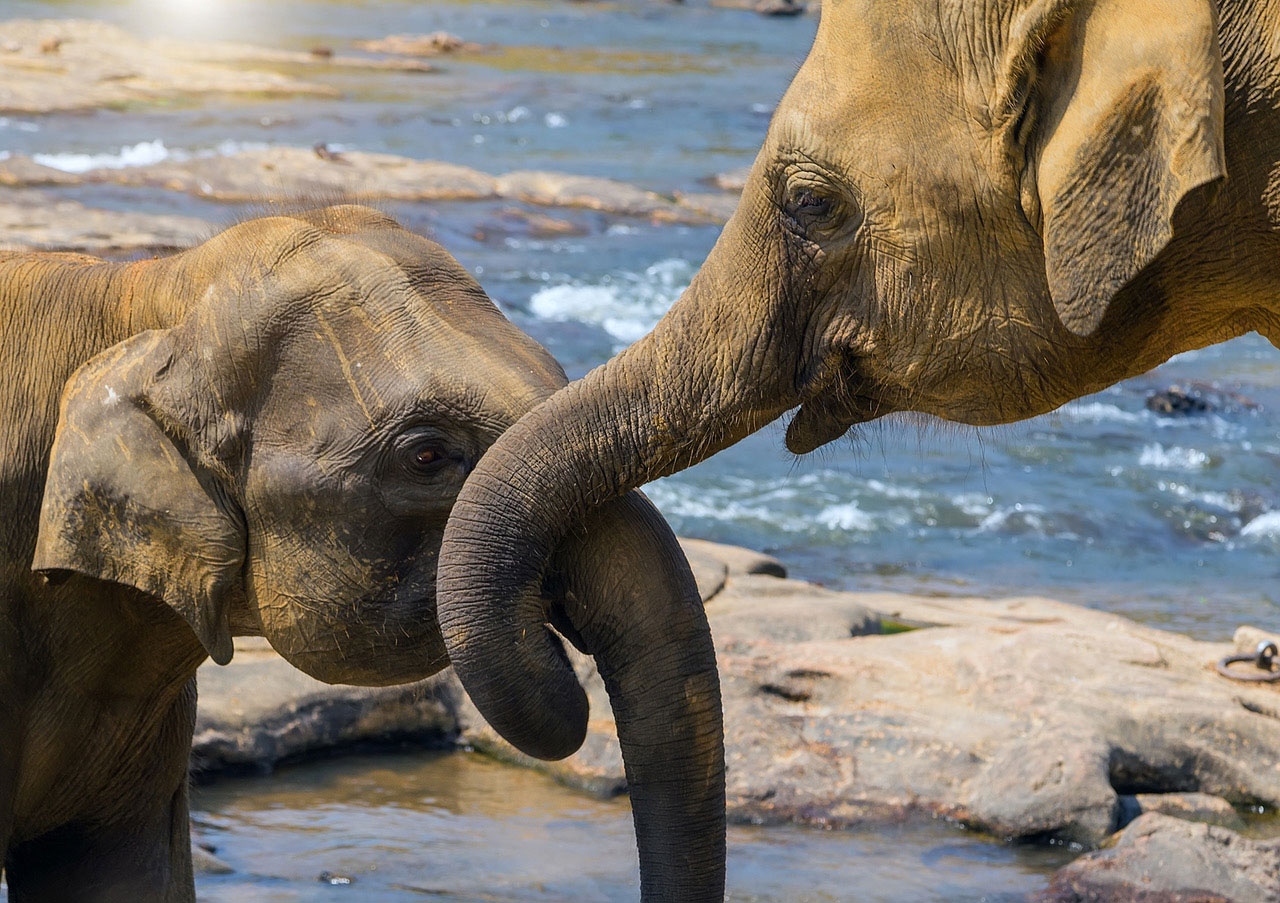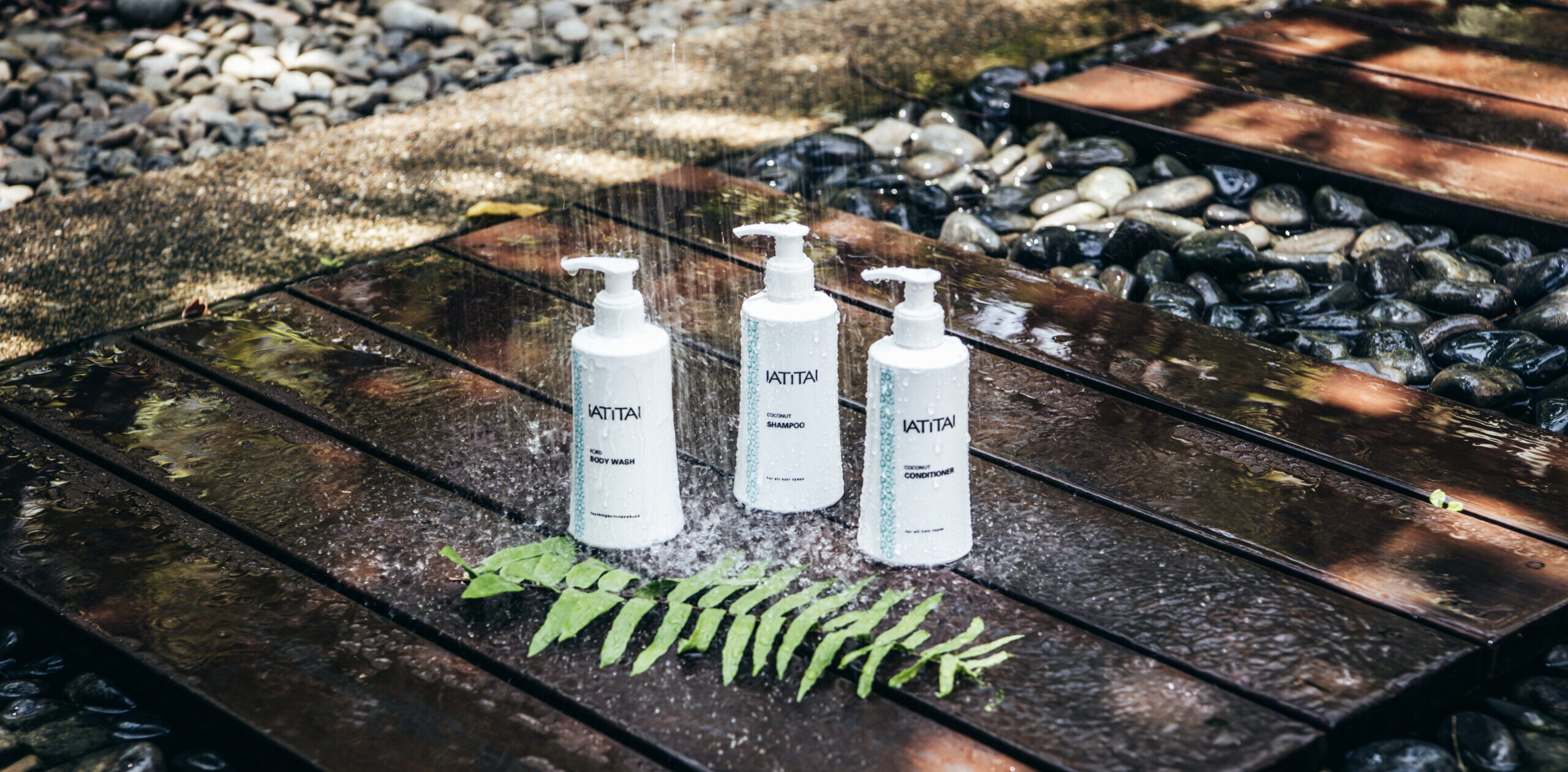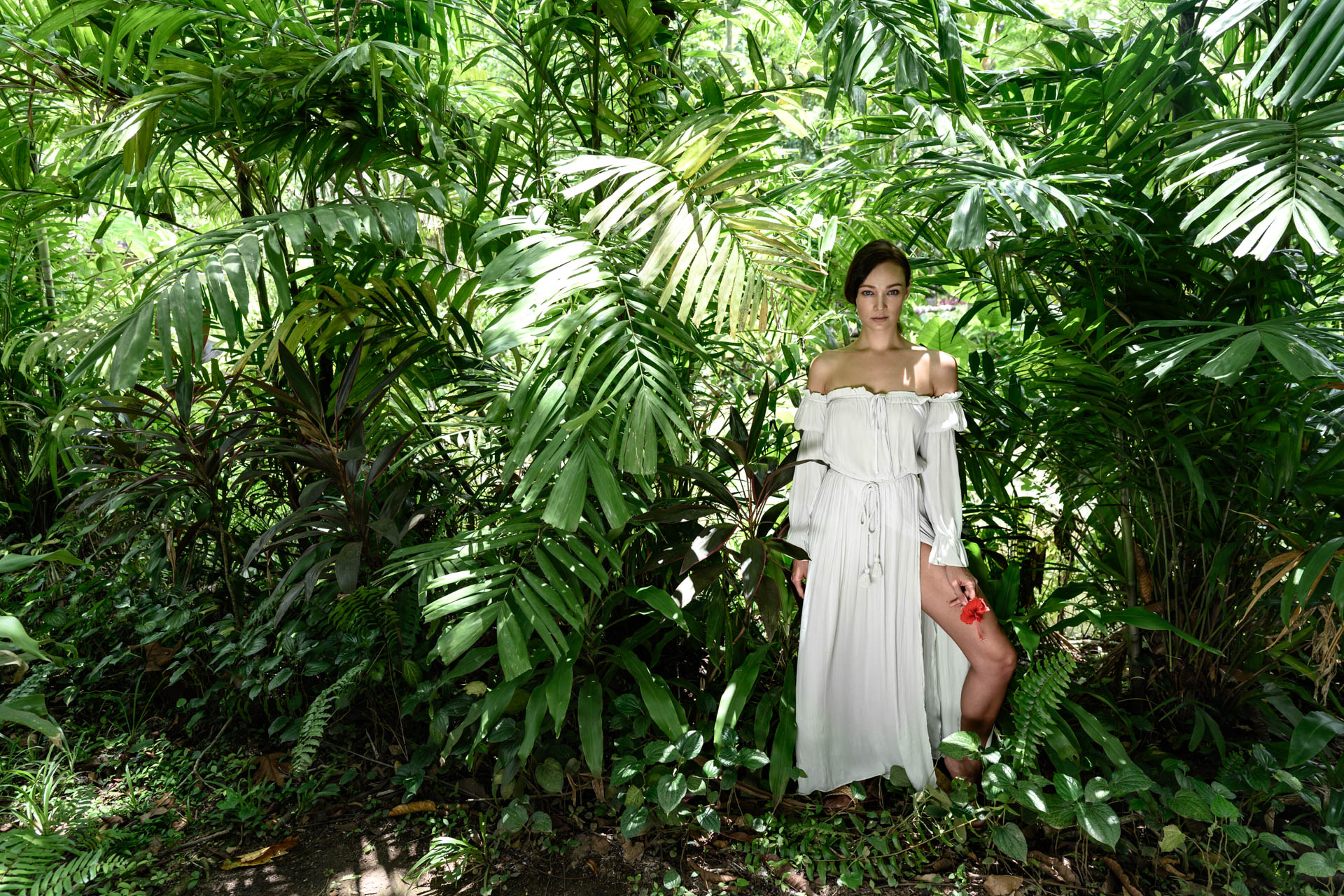Nature conservation in your own garden or on the balcony. In the hot summer months you should set up watering places for the animals. Because of soil sealing in the big cities and monocultures in the countryside, the animals are particularly dependent on our help.
Water troughs for more nature conservation in the garden
In your home garden, nature conservation can be easily implemented in August by setting up water troughs. Extremely dry and hot summers are hard on insects as well as birds and small wild animals such as hedgehogs and squirrels.
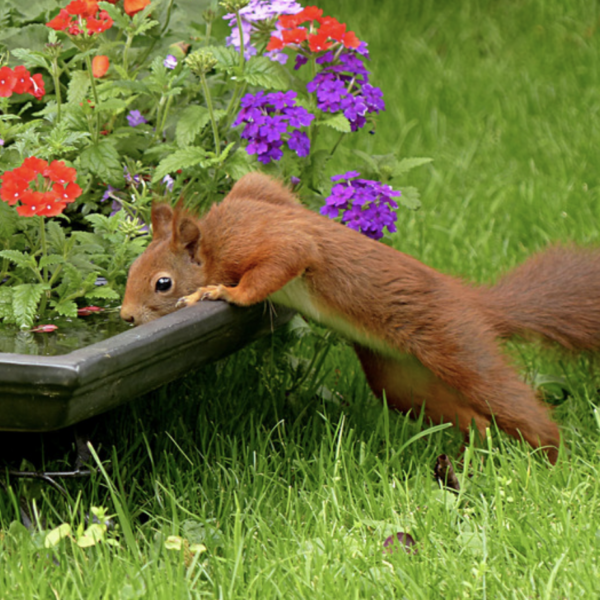
Bees, for example, need sufficient water to supply their offspring and cool the hive. A simple bowl filled with water is suitable as a bee drinker, which (important!) has landing areas for the flying insects. You can use flat stones that protrude slightly from the water, pieces of wood or halved corks that float on the water surface.
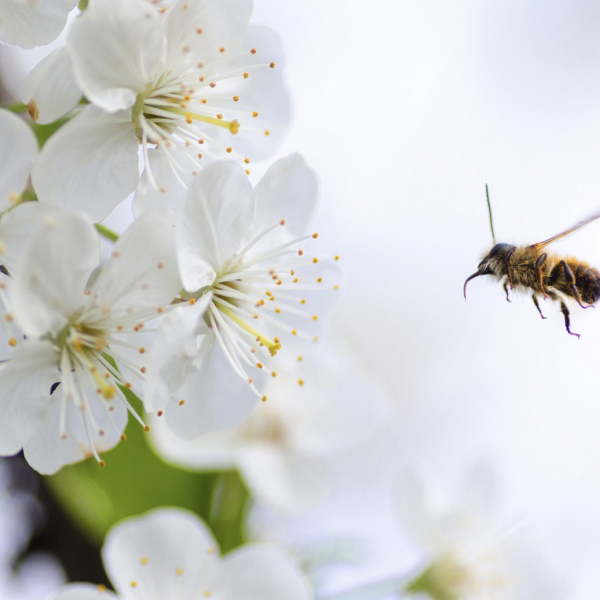
It is important to clean the water troughs regularly and thoroughly to prevent the development of salmonella and trichomonads, which are even life-threatening for the animals. Only boiling water is sufficient to kill off the pathogens and leave no residues. In addition, you should always keep the water in the drinking trough fresh and change it frequently.
Another tip: Place the watering troughs in your garden so that you can watch the animals drinking. You will be surprised who will soon show up like this.
While some migratory birds like swifts or swallows are already on their way back to Africa in August, other birds are still nesting or are already nesting again. Quieter and somewhat untidier corners with leaves, dead wood or lawn cuttings provide more nature conservation in every garden: they serve as a shelter for insects and provide the birds with fresh building material for their nests even now. If you water them a little, for example while you water your garden, the birds will also find the mud that is best suited for repair work.
Withered flowers are usually cut off in the garden without further ado. It would be better for nature conservation to leave at least some of them standing so that they can plant seeds. The seeds of the wild card (Dipsacus), the lavender (Lavandula) or the Patagonian verbena (Verbena bonariensis), for example, are very tasty. In addition, many plants develop fruit after flowering, which is also an important source of food. The berries of the ivy last very long and are a great winter food. Rosehip roses, barberries (Berberis) or dogwood (Cornus) provide valuable berries.
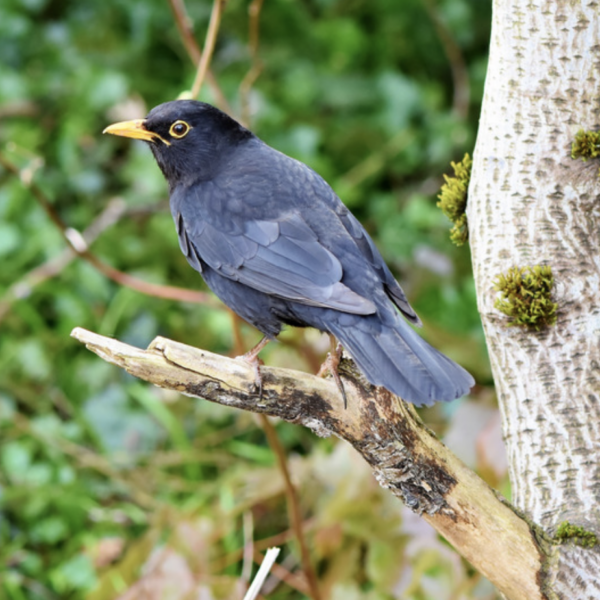
In August there is some pruning in the garden. Always make sure before you start pruning that there are no animals such as hedgehogs or birds in the hedge or in the shrubbery. In addition to the house martin, blackbirds and thrushes also nest and could easily be injured.

